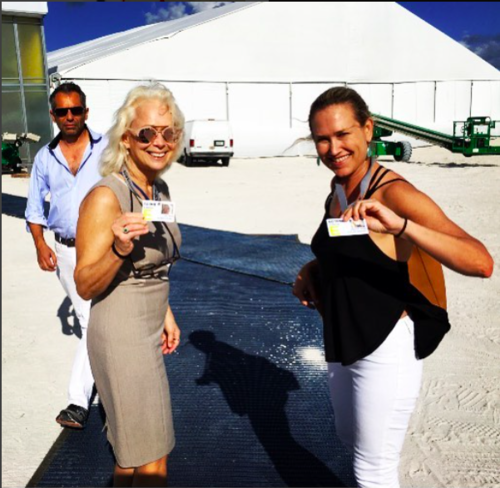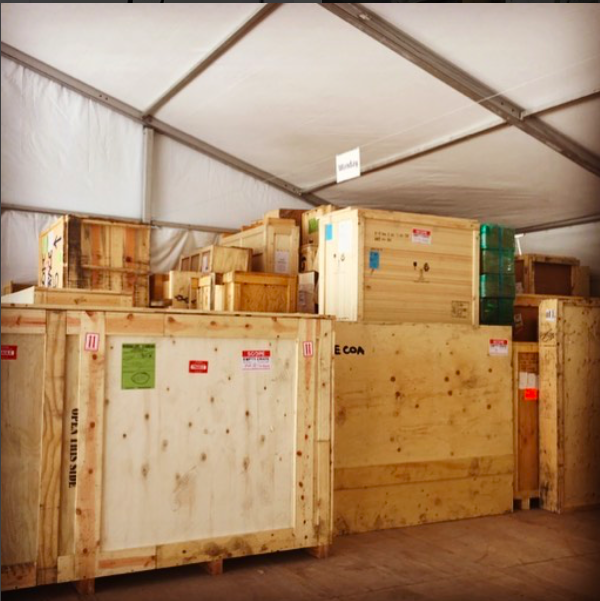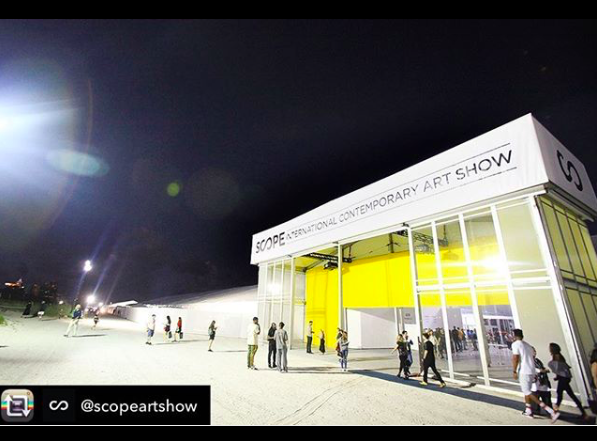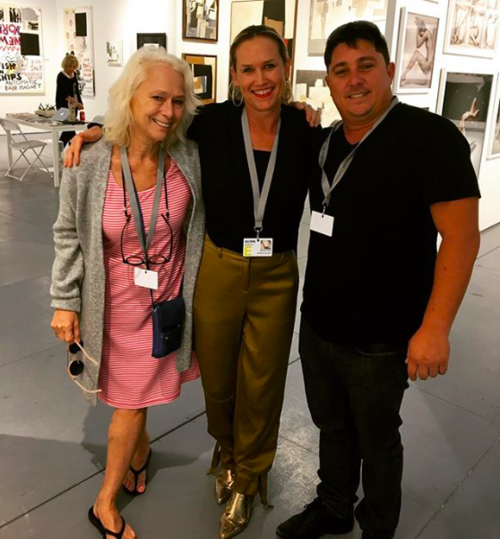Rebekah Jacob Redefining The Art Gallery Model For The Digital Age
Rebekah Jacob Embracing Digital Front Door with Brick and Mortar Supporting Role
CHARLESTON, South Carolina – As the art world changes and evolves, Rebekah Jacob strategizes and implements new ways and platforms to sell art. To innovate and grow, Jacob embraces technology and mobilizes via art hunts to Havana de Cuba and Mexico City de Mexico and art fairs across the US.
A veteran in the industry (with over twenty years of experience) and a certified art appraiser, Jacob launched her eponymous enterprise, the Rebekah Jacob Gallery, to specialize in fine art and photography of the South and Latin America, particularly Cuba. While physical exhibitions still play a role, Jacob has flipped the model so that physical space is the third element of success. Taking art to the people rather than the people coming to the art has taken precedent.
According to Jacob, the successful art enterprise of today has three parts.
1) Galleries must offer a satisfying and engaging online experience. It begins with an easily accessible website and social presence that allows the customer and collector to see and experience the art. Beyond that, retailers in the Art World are leveraging technology, such as artificial intelligence and augmented reality, to enhance operational visibility and personalize their customer service, a new necessity in a fast-changing and demanding consumer market.
2) Curating and installing exhibitions at top art fairs and shows – taking and exhibition on the road – is the path to opening new markets and discovering new collectors.
3) A physical space serving as an operational headquarters and viewing room. The modern and physical space can be greatly downsized from the gallery of the past. Still, a physical space does say something about stability and also provides a location for receiving, prepping and shipping, as well as receiving clients.
Today, many art dealers agree that vintage tactics like gallery exhibitions accompanied by wine and cheese gatherings are no longer the primary client engagement and revenue creation tools. Nationwide, gallery visitors have slumped as tech engagers and art fair buyers have tripled. And tying it all together must be a professional owner who understands her or his clients’ needs and aspirations, while pushing them with exposure to new ideas and new artists that can inspire.
“No doubt, art fairs have become the primary site of sales and networking. Often in a fair setting, a gallery will be able to sell most of the booth, sometimes in the first few hours as happened to us at Art Basel,” says Jacob. “And tech is our main—and most cost effective—advertising tool. A successful gallery must expand its potential beyond visitors to the physical gallery city and reach buyers world-wide. A physical space no longer lures the demographic and buyer on a consistent basis.”
Charleston will remain home to operations for REBEKAH JACOB (www.rebekahjacob.com), as the enterprise expands into new hot pockets and cities across US and beyond.






